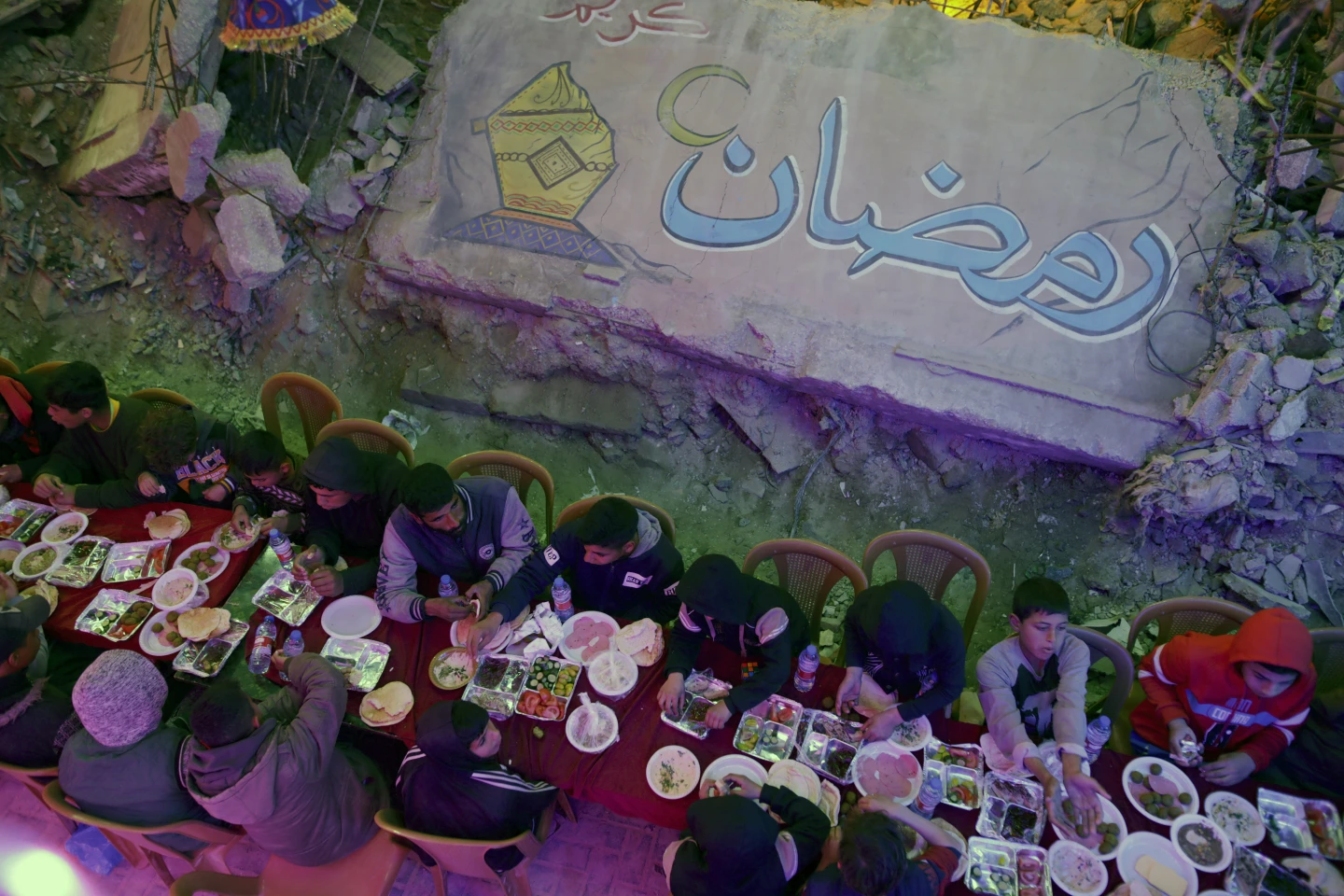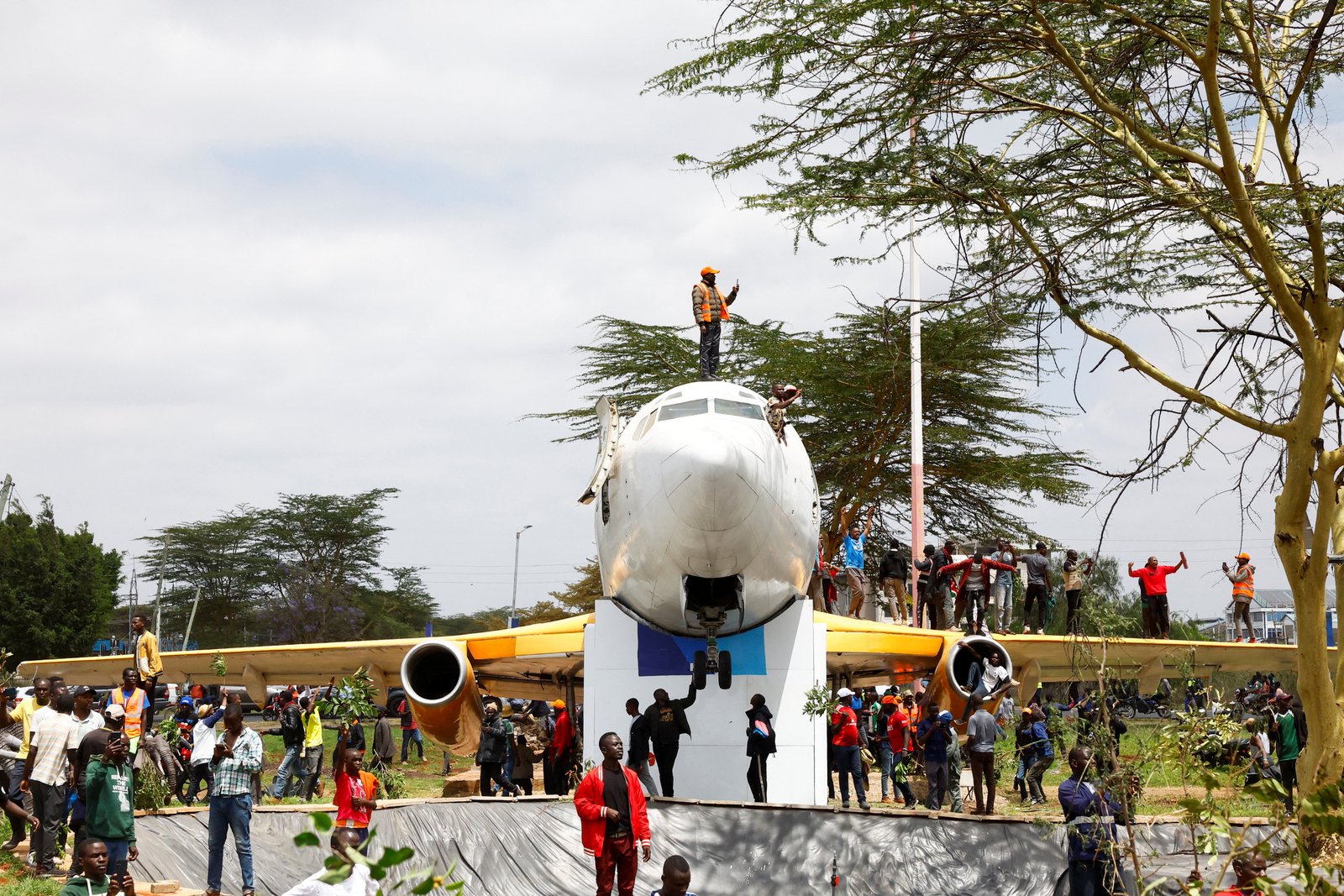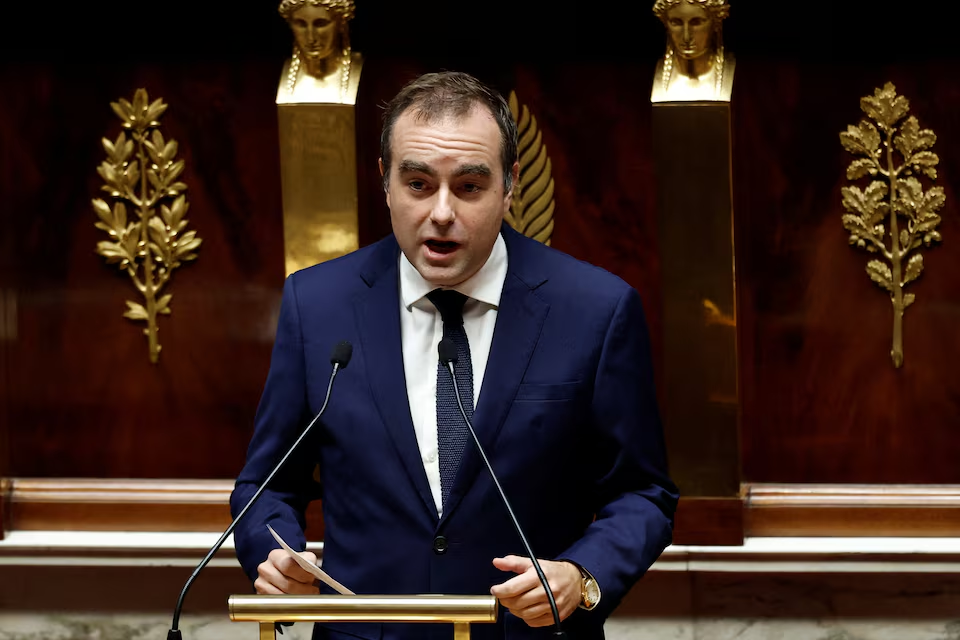Concerns and Uncertainty Among Palestinian Residents During Ramadan Due to Lack of Progress in Second Phase of Ceasefire
The second phase of ceasefire talks between Israel and Hamas has not made any progress yet, and it is uncertain whether discussions will resume on Saturday, according to a senior Hamas official.
Concerns and Uncertainty Among Palestinian Residents During Ramadan Due to Lack of Progress in Second Phase of Ceasefire
Concerns and Uncertainty Among Palestinian Residents During Ramadan Due to Lack of Progress in Second Phase of Ceasefire
Cairo: The second phase of ceasefire talks between Israel and Hamas has not made any progress yet, and it is uncertain whether discussions will resume on Saturday, according to a senior Hamas official.
Although the first phase ended on Saturday, according to the terms of the agreement, there should be no resumption of fighting during the ongoing negotiations, which could potentially end the war in Gaza. Israeli forces may withdraw from Gaza, and the remaining living prisoners could be sent back to their homes. However, Israel has reported that 32 of the 59 prisoners detained in Gaza have died.
The first phase stopped Gaza's 15-month-long war, with 33 prisoners being released, including 8 corpses, and about 2,000 Palestinian prisoners were freed. During this time, several hundred thousand people in northern Gaza returned to their homes, humanitarian aid increased, and Israeli forces established a security cordon along the border.
Officials from Israel, Qatar, Egypt, and the United States are continuing the second-phase discussions in Cairo. Hamas has not participated directly in the talks, but their position has been represented through mediators from Egypt and Qatar. Hamas political bureau member Bassem Naim told the Associated Press that after Israeli mediators returned home on Friday, no progress had been made in the talks. Naim said that he does not know whether the talks will resume on Saturday or when they will take place.
On October 7, 2023, Hamas launched an attack that killed 1,200 Israelis, mostly civilians, and took about 250 hostages. Since then, Israel's military operation has killed more than 48,000 Palestinians in Gaza, according to Gaza's health officials, half of whom were women and children.
An agreement was made between Israel and Hamas in January regarding the second phase of the talks. On Friday, Hamas reiterated its full commitment to the agreement and urged the international community to pressure Israel to immediately start the second phase. Hamas also stated that it had rejected Israel's proposed 42-day extension of the first phase of the ceasefire, which contradicts the terms of the agreement.
According to the agreement, Israel is supposed to withdraw its troops from southern Gaza by this weekend and complete the process within eight days. However, an Israeli official said on Thursday that Israeli forces will remain in the "Philadelphi Corridor" indefinitely.
The future of the ceasefire faces several challenges. Israel says that Hamas will have no role in governing Gaza after the war. Israeli Prime Minister Benjamin Netanyahu has rejected any role for the Western-backed Palestinian Authority in Gaza, which is ruled by Hamas' main rival, Fatah. Hamas leader Mohammad Darwish said on Saturday that they are ready to transfer control of Gaza to a Palestinian national unity government or under the supervision of experts proposed by Egypt. Hamas has rejected Israel's proposal that its leadership must leave the country.
Ramadan in Gaza
Palestinians in war-torn Gaza have celebrated the first day of Ramadan, keeping their fast while also facing growing concerns. Huda Matar said, "There is a lot of love today, but no money," expressing worries about rising food prices, although more food and other supplies are available this year compared to last year.
Netanyahu's office stated last week that mediators are working on ways to increase humanitarian aid distribution in Gaza to alleviate the public's suffering and support stability in the region.
The United Nations' World Food Programme announced on Saturday that under the first phase of the agreement, they had reached 1 million Palestinians in Gaza.
The World Food Programme also stated, "The ceasefire must be maintained. There should be no retreat from it."










